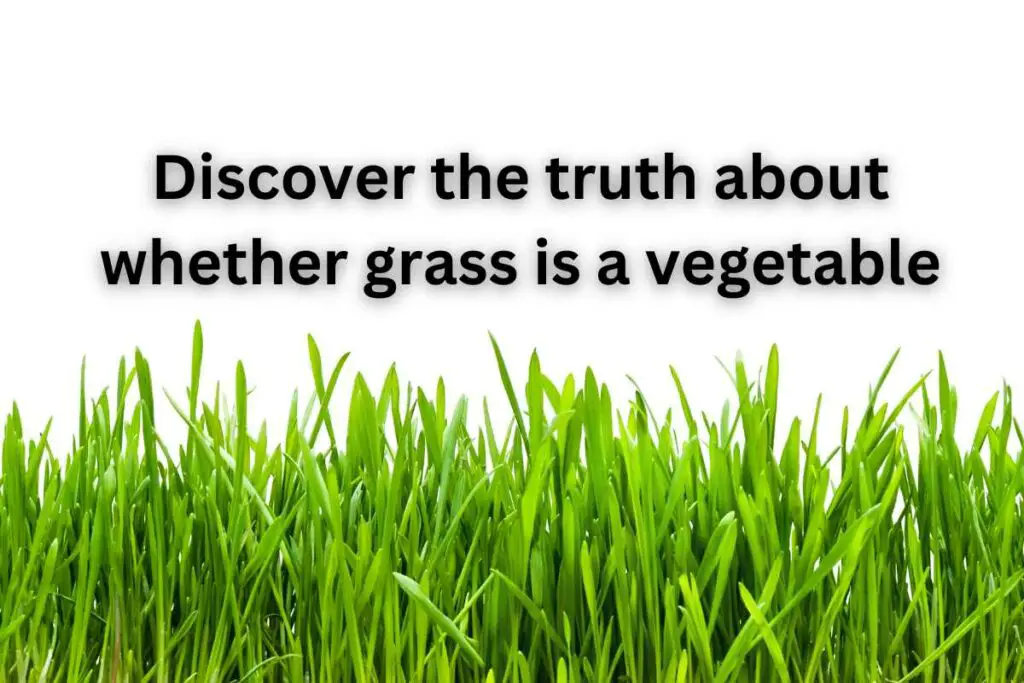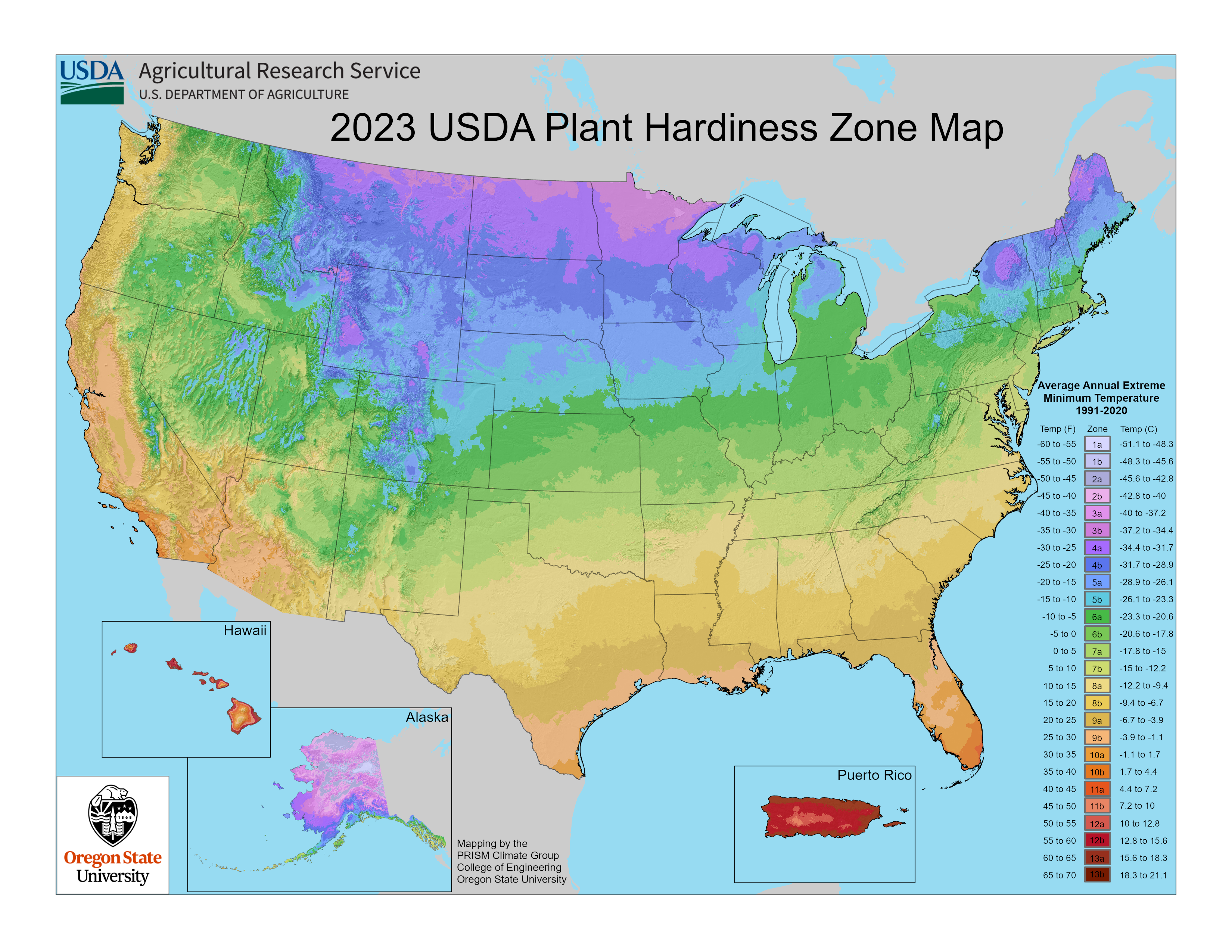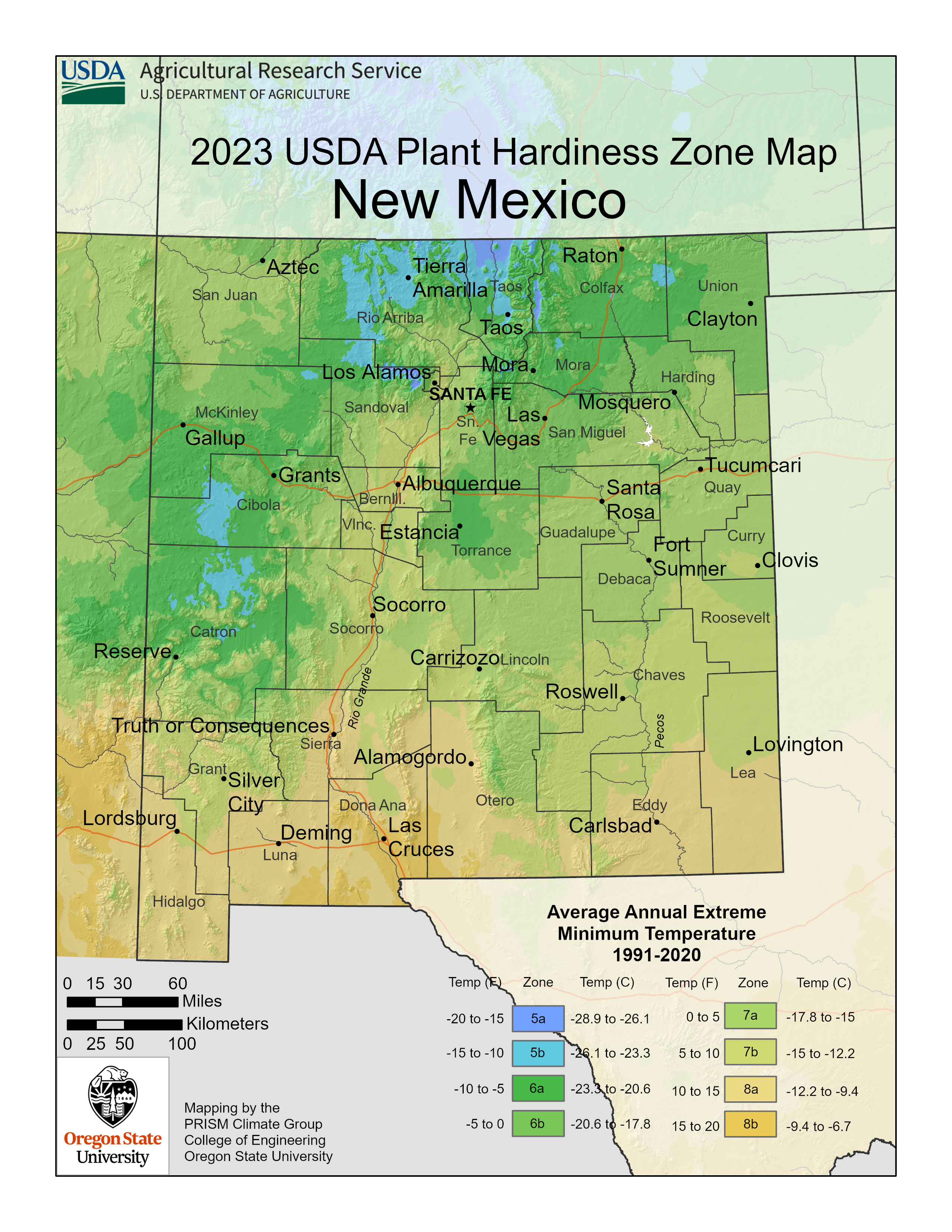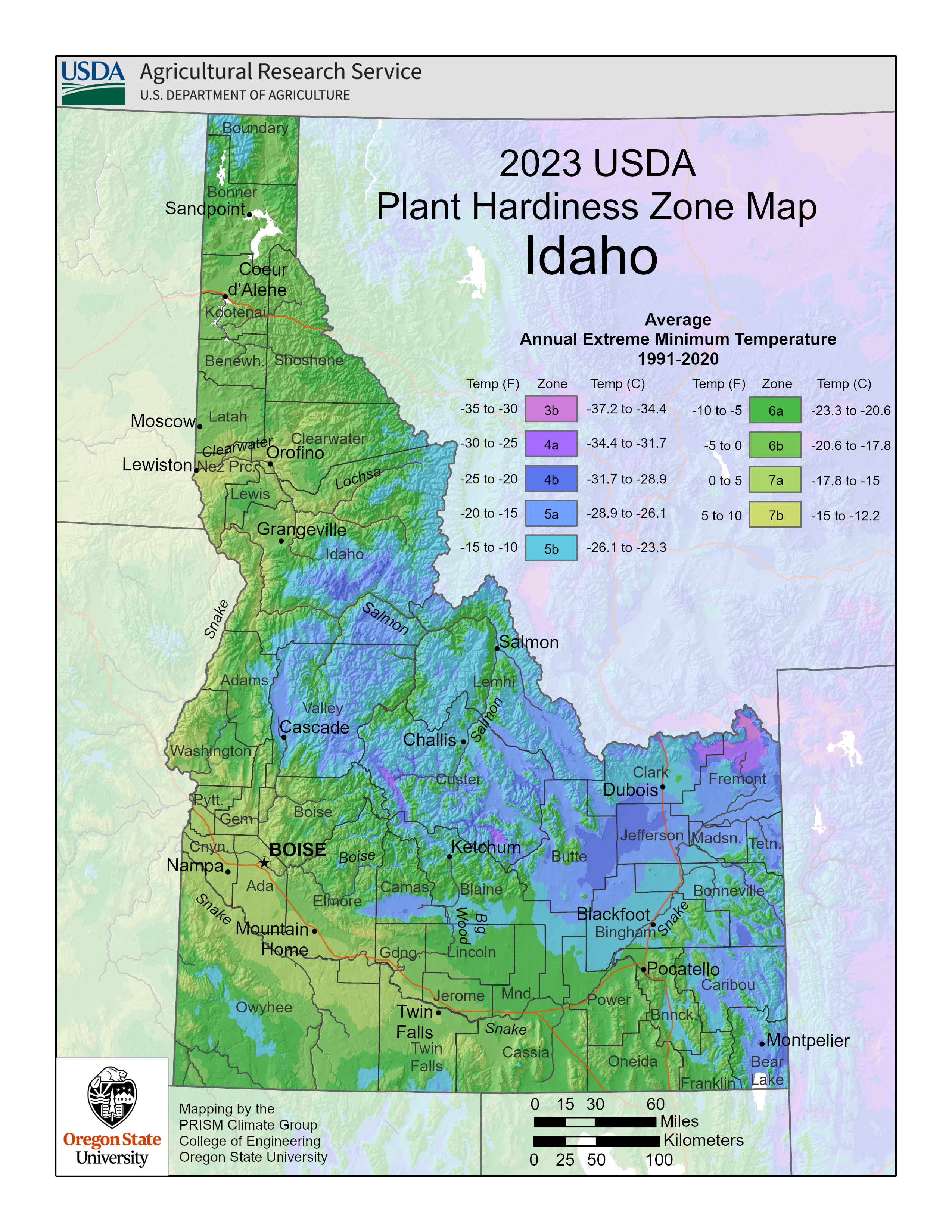Have you ever wondered if grass is a vegetable? It’s a common question that many people have asked themselves at one point or another.
As we explore this topic, we’ll discover that the answer isn’t as straightforward as you might think.
First, let’s define what a vegetable is. According to the culinary definition, a vegetable is any edible part of a plant that is not a fruit, seed, or grain.
By this definition, grass would be considered a vegetable.
However, in the botanical sense, grass is classified as a monocotyledonous plant, while vegetables are classified as dicotyledonous or biennial plants. This means that grass is not technically a vegetable.

So, is grass a vegetable?
The answer depends on how you define a vegetable. While it may fit the culinary definition, it doesn’t fit the botanical definition. Regardless of how you classify it, one thing is for sure – grass is not commonly consumed as a vegetable in the same way that we eat carrots or broccoli.
As we delve deeper into this topic, we’ll explore the nutritional value of grass and how it can be used in our diets.
Is Grass a Vegetable?
Many of us have heard the saying, “the grass is always greener on the other side.” But have you ever wondered if the grass on your lawn can actually be considered a vegetable?
In this section, we explore this question from both scientific and culinary perspectives.
Scientific Perspective
From a scientific perspective, grass is not considered a vegetable. While grass is a plant, it belongs to a different category than vegetables.
Grass is classified as a monocotyledonous plant, while vegetables are classified as dicotyledonous plants. The two categories differ in their seed structure, leaf shape, and other characteristics.
Furthermore, grass is not typically consumed by humans as a food source. While some animals, such as cows and horses, graze on grass, humans do not typically eat it in its natural state.
However, some people do consume wheatgrass, which is a type of grass that is juiced and consumed for its supposed health benefits.
Culinary Perspective
From a culinary perspective, grass is not considered a vegetable in most cases. While it is possible to eat certain types of grass, such as wheatgrass or barley grass, these are not typically considered vegetables in the culinary world.
Vegetables are generally defined as the edible parts of plants that are consumed by humans, and grass does not fit this definition in most cases.
That being said, some cultures do consume certain types of grass as a food source. For example, in some parts of Africa and Asia, grasshoppers and other insects that feed on grass are considered a delicacy.
Additionally, some types of grass, such as bamboo shoots, are considered a vegetable in certain cuisines.
Overall, while grass is not typically considered a vegetable from both a scientific and culinary perspective, there are some exceptions.
However, for the most part, we should stick to consuming the more traditional vegetables that we are all familiar with.
Conclusion
After conducting our research, we have come to the conclusion that grass is not a vegetable. Although grass is a plant, it does not meet the criteria to be classified as a vegetable.
Vegetables are typically defined as edible parts of plants that are used in cooking or eaten raw. They are usually low in calories and high in nutrients, such as vitamins, minerals, and fiber.
While grass is technically edible, it is not commonly consumed by humans and does not provide the same nutritional benefits as vegetables.
Furthermore, grass is not typically cultivated for human consumption, unlike vegetables which are grown specifically for that purpose.
While some types of grass may be used in certain cuisines, such as wheatgrass in juicing, it is not considered a vegetable in the traditional sense.
Overall, while grass may have some nutritional benefits, it cannot be classified as a vegetable. It is important to understand the distinction between the two in order to make informed decisions about our diets and nutrition.


